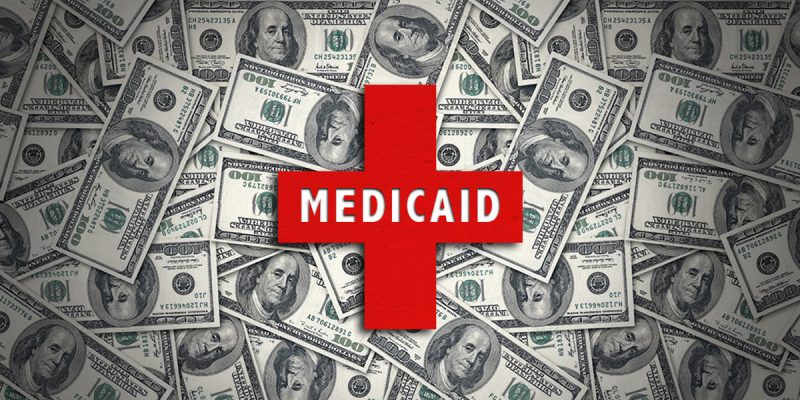But, Medicaid expansion!
Salivating proponents of Louisiana accepting this praised Democrat Gov. John Bel Edwards to the skies his doing so when assuming office. They alleged it would propel the state from the bottom among its brethren in healthiness by claiming large swaths of the public without health insurance suddenly would become healthier with access to it.
This view ignored reality, and more than five years after its implementation data continue to confirm the whole mess is one big wealth redistribution scheme that does little to improve health outcomes at exorbitant cost. The latest bit comes from a report issued by the Mercatus Center that focused on the amount of regulation in health care among southeastern states. Louisiana ranks high in regulation but low in health care quality metrics, not just within the region but nationally. In fact, despite having doctor availability well above the lowest-ranked states and reasonable access relative to them, it ranked second in the southeast for patient difficulty in regard to finding treatment with managed care visits. It ranked 47th out of 50 states with respect to preventable hospitalizations, and last among all states in health outcomes.
Regulatory regimes, which don’t depend on whether a state has accepted expansion, make some difference, as the study notes that some kinds of regulation have a direct negative impact on quality. Regardless, almost all states without expansion rank better than Louisiana in two of these categories, and all in outcomes. And the report does point to one reason, access to treatment, why that is the case since expansion doesn’t address that positively.
The latest data available shows the state pays annually about $320 million extra state taxpayer dollars to fund expansion. But it would have to pay a lot more by raising reimbursement rates to entice more providers into the program in order to reduce service wait times, which rose by a factor of 14 after expansion implementation.
Aside from the report, other reasons explain why expansion has done little to improve the state’s health outcomes. For one, a third to a half of expansion’s beneficiaries already had health insurance, so it didn’t impact as nearly as a large slice of the population.
Advertisement
Beyond that, and the major reason why the U.S. spends so much per capita on health care yet has lackluster outcomes, is that lifestyle choices have a major impact on overall health. And it turns out that Louisiana ranks dead last among the states in terms of behaviors contributing to health, from its people having high levels of tobacco use and risky sexual behaviors to their relatively low levels of exercise and beneficial nutritional choices. It also ranks seventh-highest in obesity and the same for death rate from diabetes. Access to free health care does little to change the behaviors leading to such dismal statistics.
This is reflected in bursting another myth about expansion, that it would save money by reducing emergency room visits because people would not be discouraged from seeking primary care through cost considerations. In fact, Louisiana still ranks highest among all states in per capita ER visits, partly because lifestyle factors encourage the need for acute medical intervention and because of constraints in provider availability from their low participation rate stemming from low reimbursement amounts.
The report reminds state policy-makers of the high-cost/low-return nature of Medicaid expansion that serves an ideological purpose far more than addresses genuine needs. The responsible course of action continues to be to jettison it, if possible, as soon as possible.
Advertisement
Advertisement

